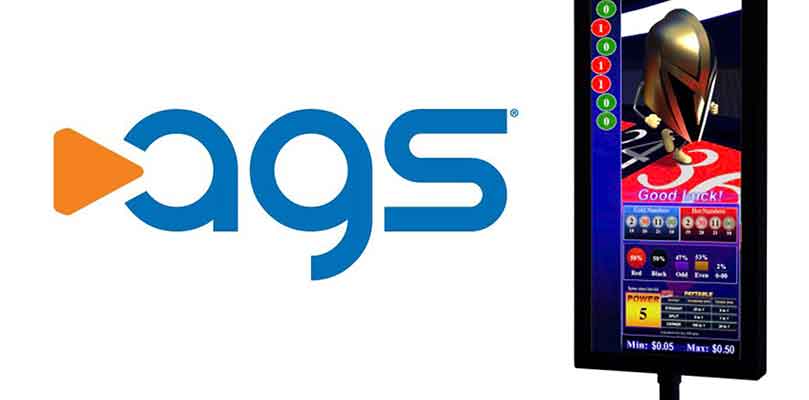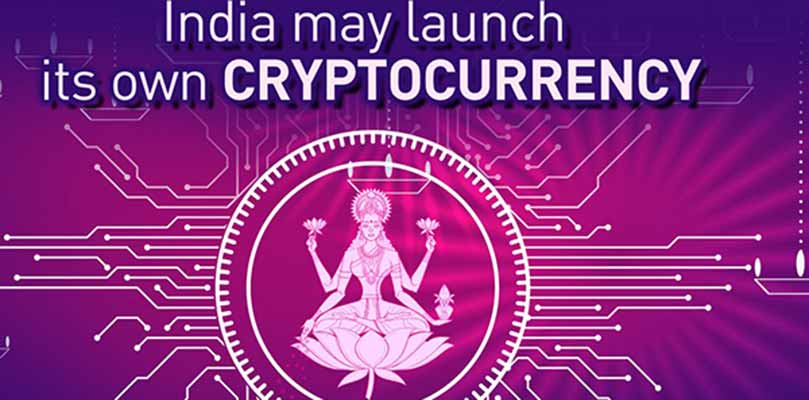A groundbreaking measure that aims to protect the usage of Bitcoin and other cryptocurrencies has been filed by legislators in Missouri. This represents an exciting opportunity for the rapidly growing community of cryptocurrency gamblers. The measure, championed by Rep. Phil Christofanelli and emulated by Sen. Eliot Bostar in Nebraska, protects users’ gaming, mining, and self-custody rights.
The Details
Backed by the Satoshi Action Fund, the Blockchain Basics Act is a watershed moment in the never-ending fight to safeguard and encourage the use of digital assets. The Fund’s goal is to ensure that current laws do not hinder innovation in the blockchain and cryptocurrency industry by pushing for policies that are favorable to these industries.
One of the most promising aspects of this bill is its potential to unlock the full potential of crypto gambling. Online casinos are currently unregulated in Missouri, thus players there have no other option except to use offshore sites. But if the state passes laws that are favorable to bitcoin casinos, Missouri might see more activity in the sector.
The mainstreaming of cryptocurrency in the gaming business also has the potential to bring about a sea of change by providing gamers with more safety, transparency, and ease.
In addition to its implications for the gambling sector, the measure provides crypto miners with greater freedom to operate outside the usual constraints of the business. This encourages mining and secures and decentralizes blockchain networks, which are essential to cryptocurrency robustness and sustainability.
Expected Ripple Effects
Looking ahead to 2024 and beyond, the passage of this bill could signal a seismic shift in the landscape of crypto gambling. If this measure passes, the cryptocurrency gaming industry may undergo a dramatic transformation by 2024 or later. More and more digital assets may find their way into the gaming environment as cryptocurrency continues to gain public adoption. The development coincides with larger social movements towards digitization and decentralization, signaling a pivotal time for the gaming business.
In the broader context of US crypto regulations, the bill represents a step towards greater clarity and consistency. Some states have adopted crypto-friendly rules, like Texas, and those that have enacted strict restrictions, like New York. Nevertheless, new developments, like the SEC’s clearance of spot Bitcoin exchange-traded funds, indicate that the significance of crypto in the financial world is becoming more recognized.





